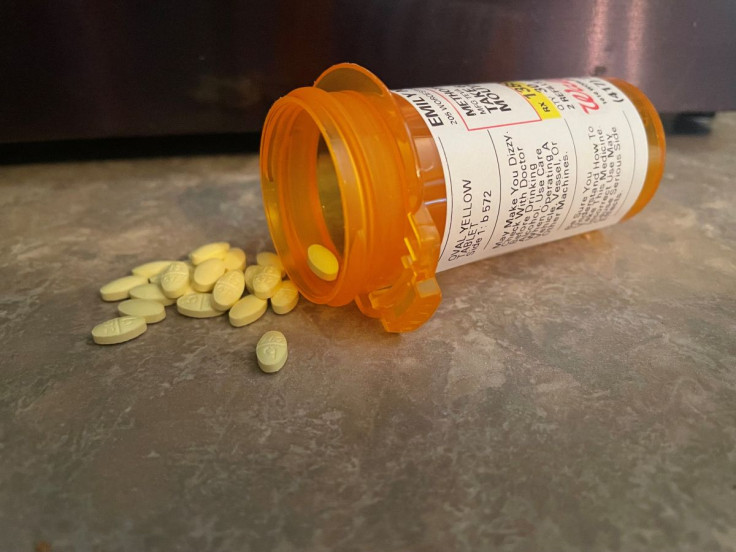Chemical Imbalance Is Not The Cause Of Depression, Study Shows
KEY POINTS
- Research finds no direct link between serotonin levels and depression
- Decades of psychological literature was reviewed
- Researchers looked into studies where serotonin levels were artificially reduced in participants
Have you been told your entire life that depression is caused by a chemical imbalance in the brain, mainly by the reduced amount of serotonin in the body, and been led to believe that the best way to overcome this is by taking anti-depressants? Well, you are not alone. However, a recent study by scientists has debunked the above theory.
As part of umbrella research in which decades of scientific literature was scrutinized, scientists found no conclusive proof of a link between depression and serotonin levels in the body. Serotonin is a chemical messenger that helps regulate our mood, sleep, learning ability, digestion and memory.
The exhaustive literature review of existing meta-analyses and other systematic reviews was published in the journal Molecular Psychiatry on July 20.
The researchers looked into studies where serotonin levels were artificially reduced in hundreds of people by changing their diets. These results were cited as proof of a link between serotonin and depression. However, a meta-analysis conducted in 2007 and a sample of recent studies found that lowering serotonin this way did not lead to depression in hundreds of healthy volunteers.
Also, a review of studies that compared levels of serotonin and its breakdown products in the blood did not find any significant change between people suffering from depression and healthy control participants.
Some large scale studies involving tens of thousands of participants focussed on gene variation, particularly the gene for the serotonin transporter. People diagnosed with depression and healthy controls showed no variations in the genes.
Based on these findings, the researchers have concluded that there is “no support for the hypothesis that depression is caused by lowered serotonin activity or concentrations.”
💊 Depression is not a chemical imbalance in the brain and scientists have no idea how antidepressants work, a review by University College London has concluded.
— The Telegraph (@Telegraph) July 20, 2022
Read more 👇https://t.co/1z7Kp1b2tT
"I think we can safely say that after a vast amount of research conducted over several decades, there is no convincing evidence that depression is caused by serotonin abnormalities, particularly by lower levels or reduced activity of serotonin... Many people take antidepressants because they have been led to believe their depression has a biochemical cause, but this new research suggests this belief is not grounded in evidence," lead author Joanna Moncrieff, a professor of Psychiatry at UCL and a consultant psychiatrist at North East London NHS Foundation Trust said.
Another aspect explored by the authors was the impact of stressful life events on the onset of depression in life. The data provided some evidence to support this theory.
“One interesting aspect in the studies we examined was how strong an effect adverse life events played in depression, suggesting low mood is a response to people's lives and cannot be boiled down to a simple chemical equation," Moncrieff said.
“Our view is that patients should not be told that depression is caused by low serotonin or by a chemical imbalance, and they should not be led to believe that antidepressants work by targeting these unproven abnormalities,” the expert concluded.

© Copyright IBTimes 2025. All rights reserved.





















